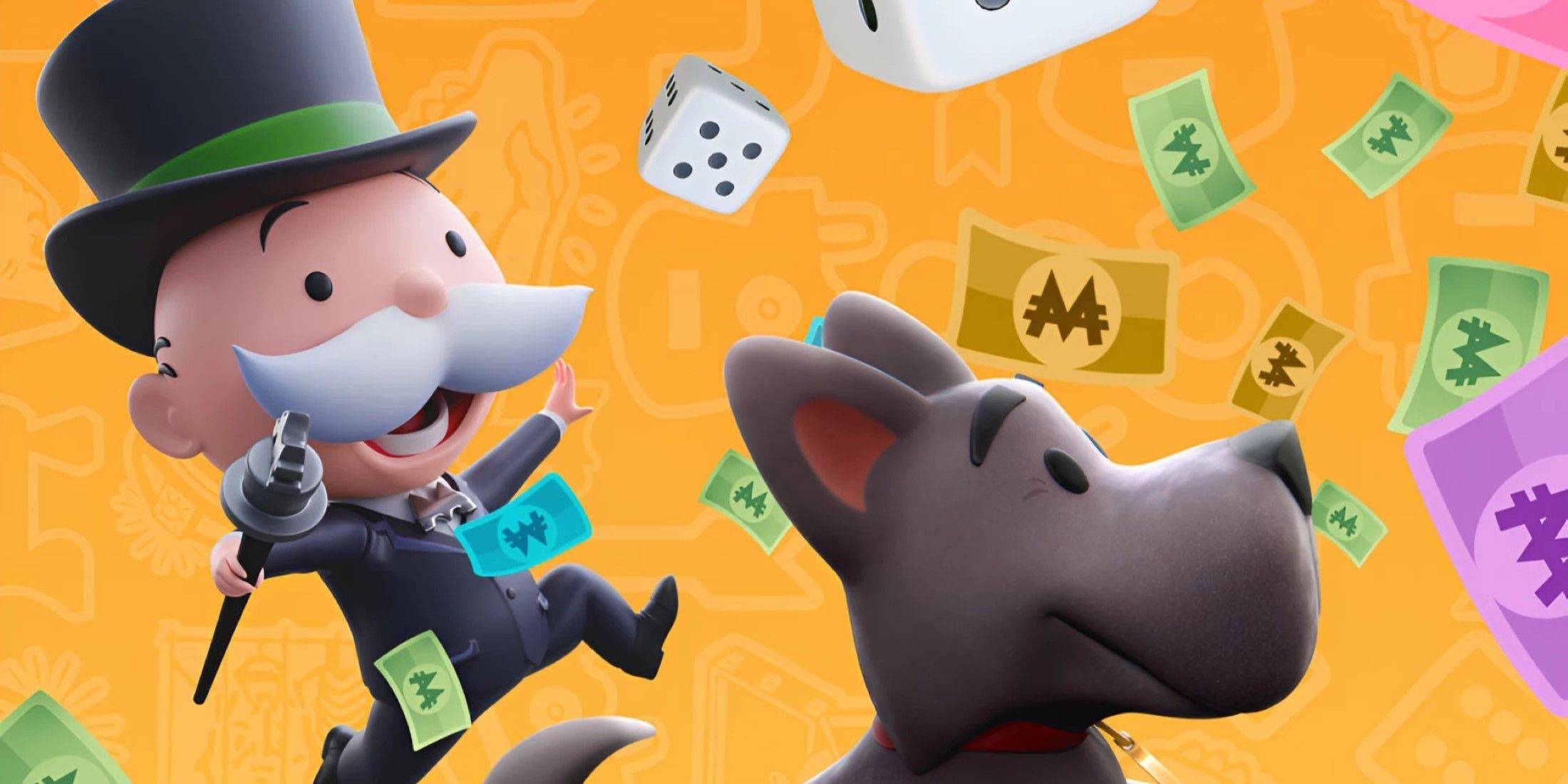
Monopoly GO's Microtransactions: A $25,000 Cautionary Tale
A recent incident highlights the financial risks associated with in-app purchases in mobile games. A 17-year-old reportedly spent a staggering $25,000 on Monopoly GO microtransactions, underscoring the potential for significant, unintended spending. While the game itself is free, its reliance on microtransactions for progression has led many players to unknowingly rack up substantial bills.
This isn't an isolated case. One player admitted to spending $1,000 before deleting the app. However, the $25,000 expenditure reported on Reddit by a stepparent seeking advice dwarfs previous accounts, showcasing the game's potentially addictive nature and the ease with which large sums can be spent. The situation is complicated by the game's terms of service, which likely hold the user responsible for all purchases, even accidental ones.
The Controversy Surrounding In-App Purchases
The Monopoly GO incident is far from unique. In-game microtransactions have repeatedly drawn criticism. Lawsuits against game developers, such as the class-action suit against Take-Two Interactive regarding NBA 2K microtransactions, demonstrate the widespread concern over these practices. While legal action in this specific Monopoly GO case is unlikely, it serves as another example of the frustration and financial hardship caused by these systems.
The profitability of microtransactions is undeniable; Diablo 4, for example, generated over $150 million in microtransaction revenue. This business model's success stems from its ability to encourage smaller, frequent purchases, rather than larger, one-time transactions. However, this very characteristic is also a source of its criticism. The incremental nature of these purchases can lead to significantly higher overall spending than initially intended, often without the user realizing the full extent until it's too late.
The Reddit user's predicament underscores the difficulty in obtaining refunds for unintentional in-app purchases. This serves as a stark warning to all gamers about the potential for excessive spending in free-to-play games employing microtransaction models like Monopoly GO.















